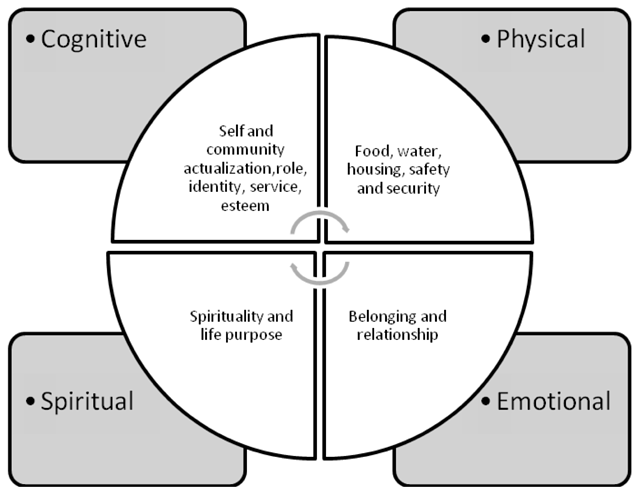Example of an organizer contract from Eric T.
Eric commits to meeting regularly (monthly) until July 2021 with YPC’s Governance Circle to make a plan on how to improve YPC’s sociocratic implementation, as well as to work outside of circle meetings to carry out the activities that make up the plan (eg prepare agendas and deliver training).
The time commitment is budgeted for approximately 2 hours a week (keep track with Toggl), and if it gets exceeded considerably we can have a conversation about it.
Eric proposes to give his work to YPC on a Gift Economy basis: as I value this process as an enriching learning journey for me, and I very much value what YPC does as an organization, dedicating my time to improve your sociocratic implementation is rewarding enough on its own. If, on that same basis, YPC ever finds itself with the desire and capacity to give back, they’re always welcome to make a gift to Eric and/or SoFA, whether that’s in the form of currency or any other type of value.
The projected outcome is for YPC to consent to a revised version of their Circle Structure with updated Vision, Aims and Domains before the term is over (July 2021). This would also be the deadline for delivering the training that is part of the implementation plan. Another projected outcome is a plan to follow-up on sociocratic implementation after Eric’s consultant term is finalized.
When this is finished, Eric will ask for a performance review as a consultant from YPC’s governance circle, and will also ask for written feedback from 2 YPC members who collaborated in the process. For acquiring the “implementation” badge in SoFA’s academy, Eric will do a written self-assessment of this process.
As learning governance is an ongoing process, and Eric can only accompany YPC for a limited time, the other members of the governance circle commit to continuing the learning and training process in the organization after the circle’s term. Lastly, Eric will meet once more with YPC’s mission circle at the end of 2021 to follow up on YPC’s sociocratic implementation.
